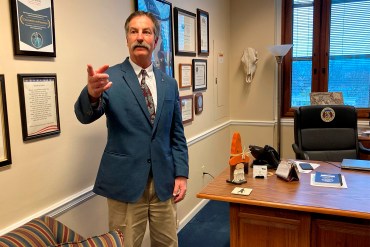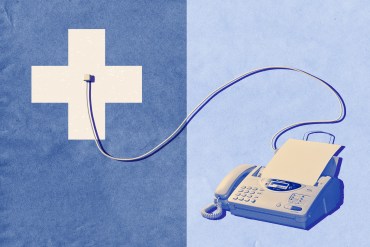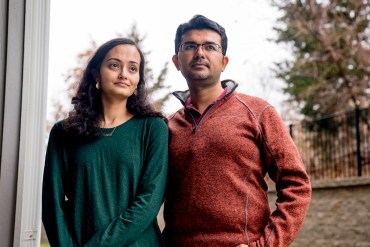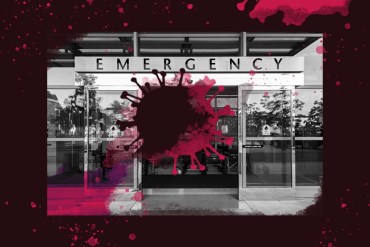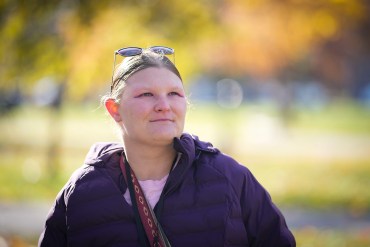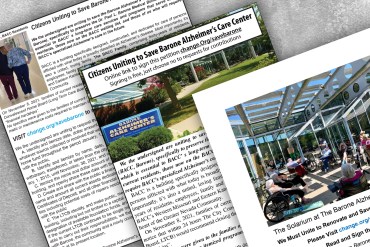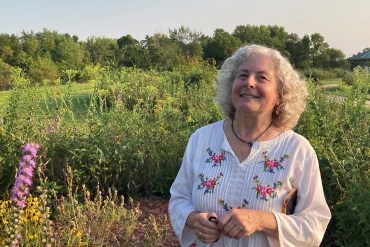Missouri Takes Months to Process Medicaid Applications — Longer Than Law Allows
Missouri has more people waiting to have their Medicaid applications processed than it has approved since the expansion of the federal-state health insurance program. Although most states process Medicaid applications within a week, Missouri is taking, on average, more than two months. Patient advocates fear that means people will stay uninsured longer, leading them to postpone care or get stuck with high medical bills.
Skirmish Between Biden and Red States Over Medicaid Leaves Enrollees in the Balance
The Biden administration is getting rid of several policies implemented by Trump-era appointees that restricted enrollment. Federal officials now say states can no longer charge premiums to low-income residents enrolled in Medicaid and have ruled out work requirements.
Missouri’s War on Public Health Shows Extent of National Rift
A public health official who said he was anti-abortion and anti-mandate for masks and covid vaccines did not pass the purity test of a Missouri senator who opposes covid public health restrictions. The senator killed the official’s nomination to be state health director, highlighting how hands may be tied in the nationwide fight against infectious diseases.
How the Tiny-Home Movement Is Providing More Than Just a Roof to Homeless People
Cities and nonprofits across the country are building communities of tiny homes to safely house people amid covid and cold winters. Proponents say tiny homes give people dignity and privacy, but some advocates for homeless people say they don’t go far enough.
Bounties and Bonuses Leave Small Hospitals Behind in Staffing Wars
A hospital in Wisconsin sued to keep seven employees from taking jobs with a competitor. A health system in South Dakota is offering nurses $40,000 signing bonuses. Facilities with fewer resources are finding it difficult or impossible to compete for health care workers.
The Advice to Vaccinate and Test Isn’t Much Help to Parents With Kids Under 5
Many parents of children too young for vaccines are exhausted. Some feel isolated and even forgotten by those who just want to move on even as omicron continues to sweep through parts of the country.
Faxes and Snail Mail: Will Pandemic-Era Flaws Unleash Improved Health Technology?
The covid-19 pandemic exposed how state and local governments’ severely outdated technology can hinder unemployment benefits, food stamps, Medicaid, vaccine registrations, and the flow of other critical information. Now, with hefty federal pandemic relief and unexpected tax windfalls, states may finally have the chance to revamp their information technology for health care and social services. But can they?
‘American Diagnosis’ Episode 2: Reclaiming Native Food Traditions to Nourish Indigenous People
Native foodways of hunting, fishing, gathering, and farming have been under threat since the arrival of Europeans. In this episode, hear how Indigenous people are reclaiming their food traditions to improve community health.
I Write About America’s Absurd Health Care System. Then I Got Caught Up in It.
A KHN reporter had written for years about the people left behind by the absurdly complex and expensive U.S. health care system. Then he found himself navigating that maze as he tried to get his insulin prescription filled.
With a Vaccine Mandate Looming, Nursing Homes Face More Staffing Problems
Missouri has the worst covid-19 vaccination rate for nursing home health care workers in the nation. There, the federal mandate for workers to get vaccinated — upheld by the U.S. Supreme Court — reveals the problems that operators have hiring staff, keeping them, and providing decent care.
The Doctor Didn’t Show Up, but the Hospital ER Still Charged $1,012
A St. Louis-area toddler burned his hand on the stove, and his mom took him to the ER on the advice of her pediatrician. He wasn’t seen by a doctor, and the dressing on the wound wasn’t changed. The bill was more than a thousand dollars.
Hospitales enfrentan más casos de covid en personas ya hospitalizadas, con menos personal
Las infecciones están exacerbando algunas condiciones médicas y dificultando la reducción de la propagación de covid dentro de las paredes del hospital, especialmente porque los pacientes se presentan en etapas más tempranas y más infecciosas de la enfermedad.
Incidental Cases and Staff Shortages Make Covid’s Next Act Tough for Hospitals
As omicron sweeps the country, many hospitals are dealing with a flood of people hospitalized with covid — including those primarily admitted for other reasons. While often milder cases, so-called incidental covid infections still drain the beleaguered health care workforce and can put them and other patients at higher risk for contracting covid.
A Catch-22 Trips Up Some in Legal Guardianship Who Try to Regain Independence
If a judge decides someone cannot make their own decisions, the person can be placed under a court-appointed guardianship, also known as a conservatorship. Some states are beginning to allow less-restrictive alternatives.
South Dakota Voters to Decide Medicaid Expansion
Despite state Republican leaders’ rigid opposition to expanding the health program designed for low-income residents, advocates successfully gathered enough signatures to get the measure on the fall ballot.
As Covid Hits Nursing Homes’ Finances, Town Residents Fight to Save Alzheimer’s Facility
Fear of covid has kept some adults from moving to nursing homes, and many facilities are in trouble financially. When Nevada, Missouri, officials announced they were planning to close a home specializing in dementia care, members of the community rose up in protest.
Deep Roots Help This Chicago Pharmacist Avoid Creating Another Drugstore Desert
Predominantly Black and Hispanic urban areas are more likely than white neighborhoods to see local pharmacies close and are more likely to be pharmacy deserts. In Chicago, one pharmacist is bucking the trend, operating the drugstore his father opened in the 1960s in a Black neighborhood.
Local Pharmacists Fill Rx Void as Big Brands Pull Out of Rural Areas
Stores like Walmart and Shopko opened pharmacies in small towns, either buying out the local pharmacy or driving it out of business. What happens when those chains later withdraw, leaving communities with no pharmacy?
A Tale of Two Medicaid Expansions: Oklahoma Jumps In, While Missouri Lags
Voters in Missouri and Oklahoma approved Medicaid expansion to begin in 2021. But while Oklahoma has enrolled over 200,000 people so far, Missouri has enrolled fewer than 20,000. Why are two such similar states handling the public insurance rollout so differently?
As Climate Worsens, Environmentalists Grapple With the Mental Toll of Activism
After her son’s death by suicide, a mother promotes mental health for environmentalists. It’s part of a larger push to address the burnout and psychological stress that can affect activists.





